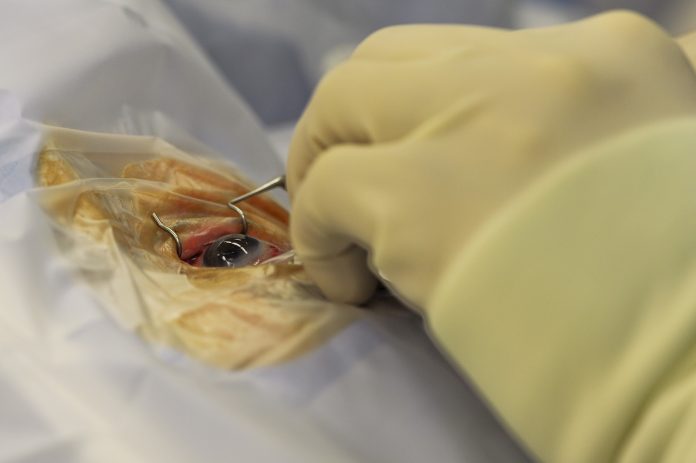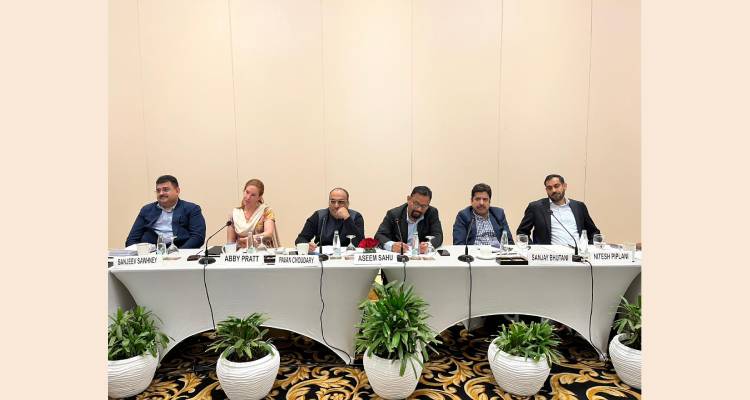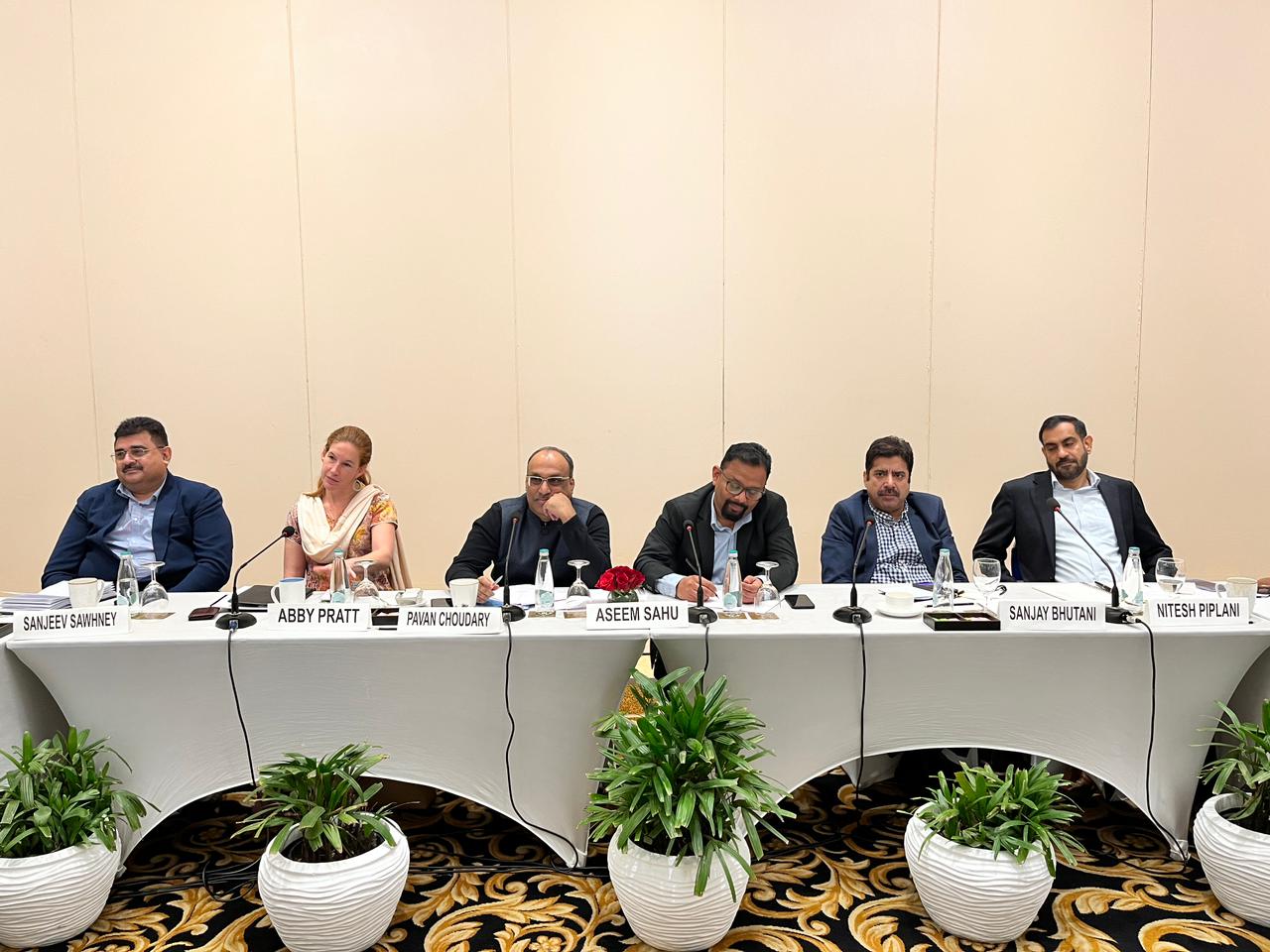The Medical Technology Association of India (MTaI) has urged the policymakers to ensure quality of healthcare while policy decision-making
New Delhi: The Medical Technology Association of India (MTaI) has called upon the government to ensure that common man has full access to global best quality healthcare. “It is important for the government to facilitate a conducive business environment to build bridges with all the stakeholders,” it said.
MTaI emphasized on the need to recognize the efforts of global medical devices companies. “From market creation through healthcare worker training, to bringing technologies and FDI, to setting up R&D centers and having the deep Indian foot print in organized Manufacturing across the country. The government must not undercut the market dynamics. The control of stent prices in the manner it has been done, with a shocking reduction of prices may unfavourably skew the market for the patient and will affect adversely the business environment, argued MTaI, adding further, “If companies do not have the resources to invest in research and innovation, it is ultimately the public and the long term health of the nation that will suffer. This is not to make a case for no regulation at all but to argue for a more comprehensive pricing and regulatory framework that looks beyond price caps to ensure quality healthcare coverage for all citizens. It is worth noting that India already has some of the lowest drug prices in the world and yet the average Indian’s out-of-pocket expenditure on healthcare is as high as 61%, not to mention the millions who are routinely deprived of life-saving drugs. In a clear absence of an adequate and equitable reimbursement structure, there is a mismatch in the policy framework.”
The Association feels that the industry has been broadly misunderstood. While MTaI has been a believer of fair practices, the slew of measures has created an atmosphere of fear among the member companies. Theywere mistakenly being looked upon as profiteering agents, forgetting the value they bring to the country. The global investments into India that government has been keen on, would not be possible without taking into the consideration the points raised by globally reputed and respected companies.
Pointing towards effect of upcoming GST implementation in the country, statement stated, “Even the implications of the Goods and Services Tax (GST) on healthcare have still not been assessed yet. The healthcare sector catering to the unmet health needs of the society should be kept out of the purview of the GST or else medical care would become unaffordable for the common person. Currently, healthcare is exempted from service tax and a similar dispensation should continue even after implementation of the GST regime at least for ten years.”
MTaI also touched upon the subject of unethical practices in handling medical wastage. “The single use guideline must be protected at all costs as its misuse affects patient safety badly, it said. The statement added: It is a matter of huge concern that the medical products designed for single-use are being reused on the unaware innocent patients, thus endangering human lives. The threat from clandestinely repackaged medical waste can hardly be underestimated. It is a huge menace to the health of Indian citizens. In this backdrop, appeals to the government, common citizens and all relevant stakeholders to actively play a bigger role to stop this menace. The awareness about the need to check the quality of packaging and product, the expiry date is necessary. MTaI will continue to raise awareness about the issue at appropriate forums. We seek the help of all like-minded individuals, NGOs and other stakeholders to bring an end to this unethical business.
On the occasion, Mr Pavan Choudary, Director General, Medical Technology Association of India (MTaI) touched upon various issues of importance concerning medical technology landscape in India. On the misuse of single use medical devices, he mentioned, “With the lack of guidelines and action against non-adherence, such a public health menace is endangering lives of common citizenry of this nation. As a part of the Indian patient care ecosystem, it is our duty to raise this issue and seek remedies against this practice that put human lives at risk and bring our profession in to disrepute.”
MTaI said that it expects the policymakers to realize the importance of global participation in the growth of Indian medical technology industry. Elaborating further, the Association mentioned, “Medical technology innovation can never be always completely indigenous. It transcends the boundaries and for its free flow across the globe, any protectionism would not be a facilitator but will only sow seeds of doubt in the minds of global investors. One can’t manufacture high tech medical products in India without the help of the world. Pushing make in India without global facilitation is likely to over crowd the lower end of the technology spectrum with manufacturing companies. This can congest that speace and make native as well as global companies which are succeeding currently, fail.




